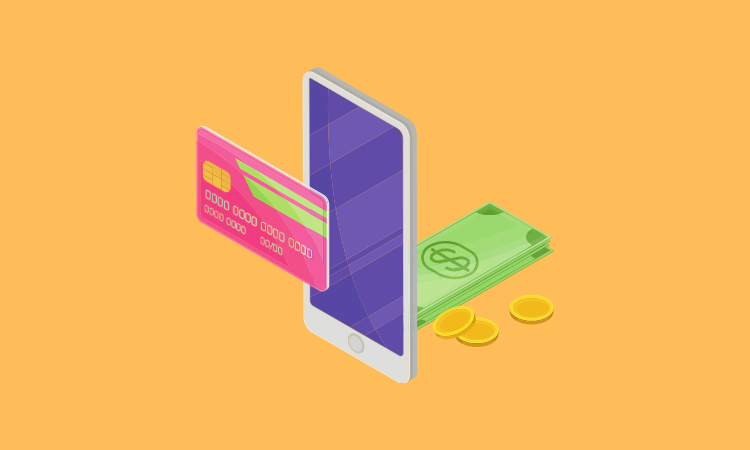Member Exclusive, New banks
Behind Upgrade’s move to add BNPL capabilities
- Upgrade is adding BNPL to its personal loans and payment cards, but with a twist.
- The company also intends to make a push to bring BNPL payments offline and into shops.








